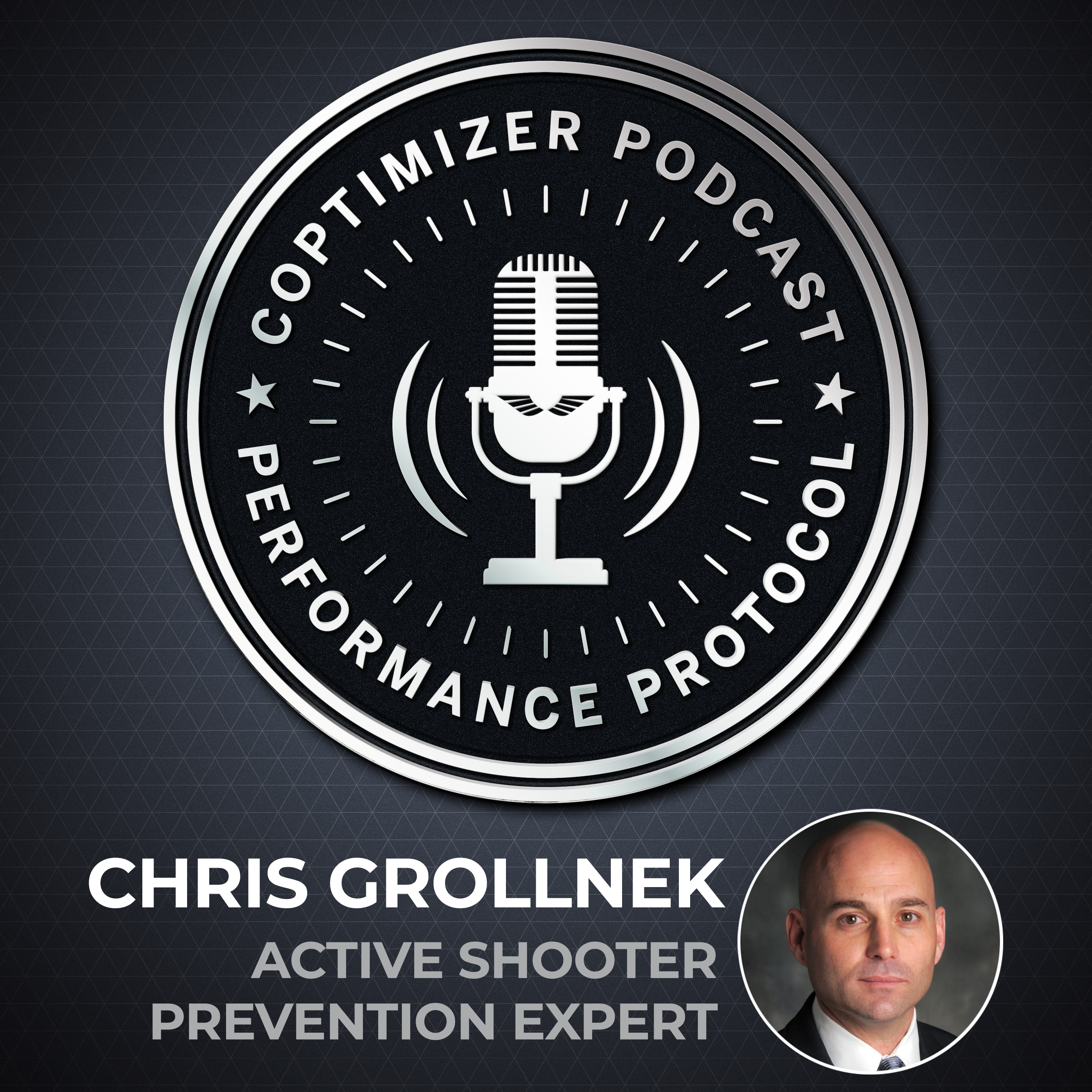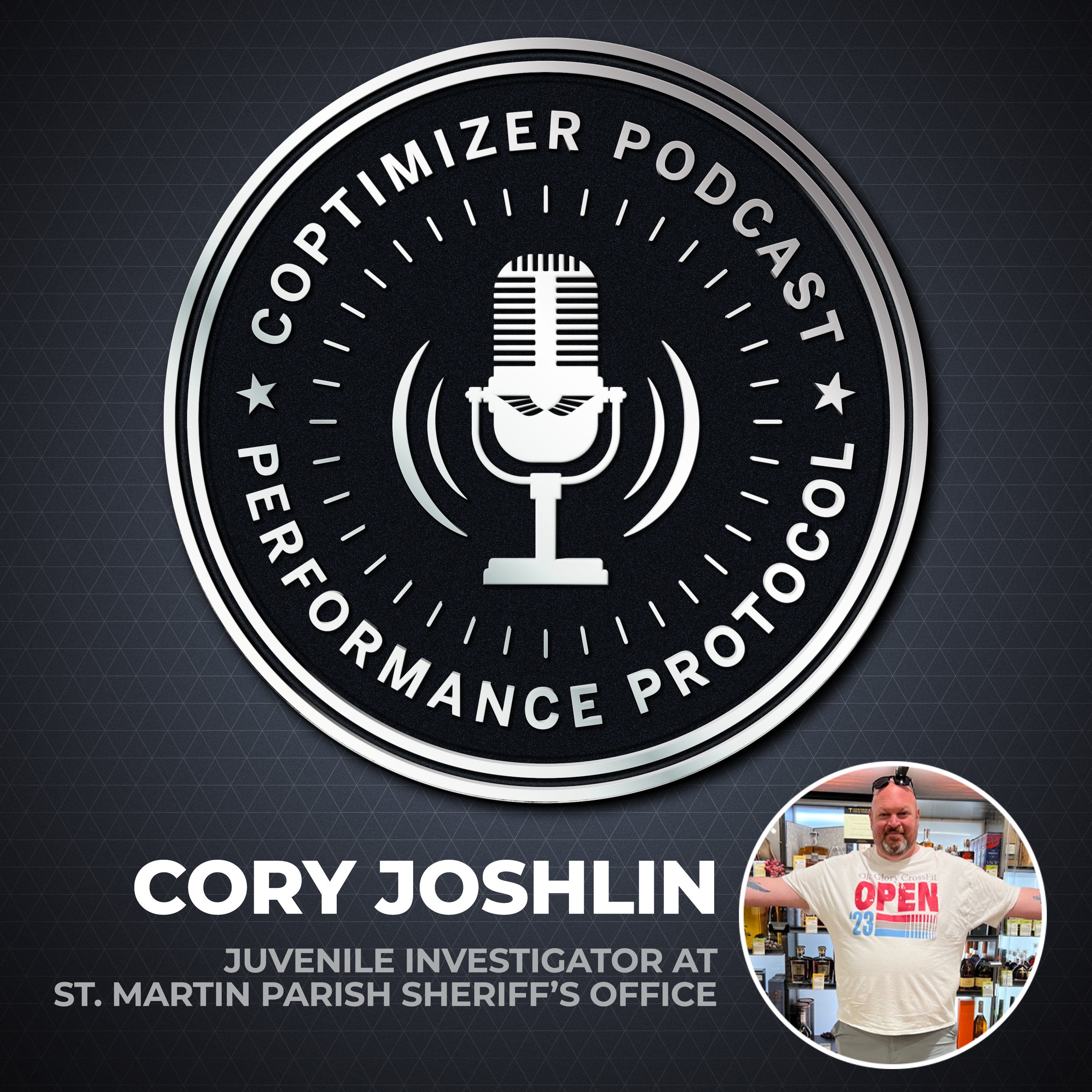Are you looking for simple answers to complex problems? This might be a universal truth to many issues, but in policing, it is evident that the expectations concerning results are conflicting. For example, when crime goes up, communities look to the police to solve the issue. However, simply making more arrests may or may not change outcomes. There are too many different inputs.
Does this sound confusing? Well, it is. Here is a little example provided by this week's guest on the Coptimizer Podcast, Dwayne Orrick. In one state, seven diversion efforts were made to correct offender behavior before an offender was sent to prison for the first time. Is this a policing problem? Because it sounds to me like the police are doing their job if they have arrested someone seven times. This sounds more like a legislative and/or judicial problem, more than an executive issue. Where is the public accountability for them? We hear statements like, “We can’t arrest our way out of the opioid epidemic, so we must focus on rehabilitation rather than incarceration.” This is a noble idea, and it should be considered in solution-based legislation, but rarely are words like this followed up with planning and action to follow through. This leaves the police holding the bag. Why? Because this is the end of the conveyor belt. The courtrooms are not open at two o’clock in the morning when someone has just been arrested for the seventh time. The system is built on mutual and shared responsibility and accountability. It won’t work if all three branches of government are not aligned.
“Statements without evidence are just opinions.”
Dwayne Orrick is the Assistant Executive Director at the Georgia Association of Chiefs of Police. With thirty-eight years of progressively responsible law enforcement and public safety experience, Dwayne has concentrated on organizational and staff development, budgeting, creative problem-solving, and building partnerships in diverse communities. He has specific expertise in organizational assessment and development; recruitment, selection, and retention; training; leadership development; creating a positive and ethical organizational environment; policy development, and conflict resolution.
This experience led to a great discussion that shines a light on many of the issues facing policing today, and, more importantly, some fundamental truths that can help keep leaders grounded on what is essential to improve the profession moving forward.
Break out your calculator, or open up the calculator application on your phone instead, because we will do some basic math about investment in policing. Some calculations include the costs to agencies and communities when officers leave the profession. If it takes $250k to train officers in their first three years, but they leave policing or your agency, how will you recover those costs? What is the investment cost to your community when people and businesses leave because they no longer feel safe?
So many problems to solve and so little investment to do it with. Hop on the call and listen to this conversation. Dwayne shares wisdom from nearly forty years in policing that you will not want to miss! Enjoy!
You can watch this podcast on our YouTube channel by clicking here.

Chris Grollnek is one of the country's leading experts on active shooter response. But if you asked him at age fourteen where he thought...

For the next few weeks, we are going to focus on fitness. Well, in part, anyway. This show has always been based on the...

Geoffrey Chaucer, the author of the Canterbury Tales, wrote, “Time and tide wait for no man.” And if I’m being honest, reading Chaucer in...